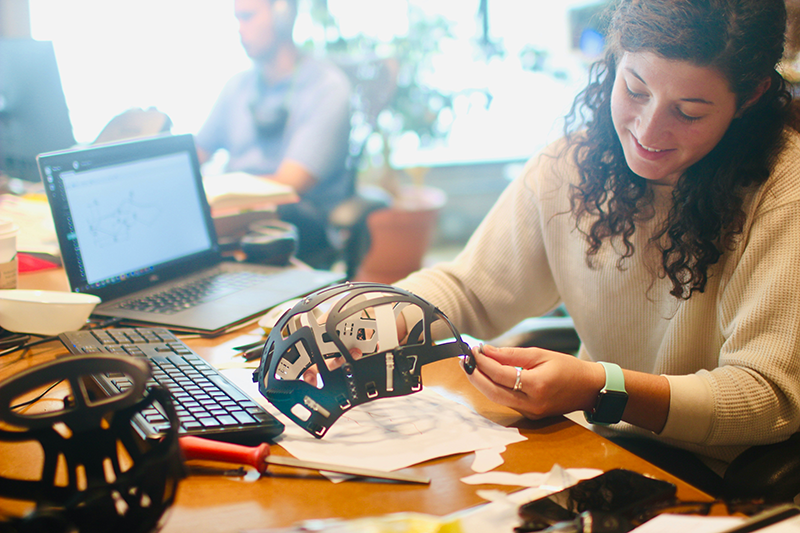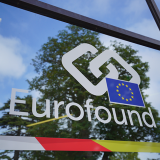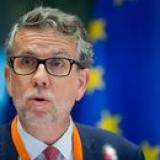
Arbeidsomstandigheden en duurzaam werk
Arbeidsomstandigheden en duurzaam werk vormen een van de zes hoofdactiviteiten in het werkprogramma van Eurofound voor de periode 2021-2024. Eurofound zal blijven fungeren als kenniscentrum voor het monitoren en analyseren van ontwikkelingen op dit gebied. Zo zal onder meer worden gekeken welke gevolgen de COVID-19 -crisis heeft voor de arbeidsomstandigheden en de arbeidskwaliteit evenals op praktijken op de werkvloer.
Gedurende de periode 2021-2024 zal Eurofound belangrijke inzichten verschaffen in de uitdagingen en vooruitzichten op het gebied van arbeidsomstandigheden en duurzaam werk in de EU. Op basis van gedegen expertise op dit gebied zal Eurofound de ontwikkelingen en gemaakte vorderingen in de loop van de tijd volgen en punten van zorg rond arbeidsomstandigheden en arbeidskwaliteit benoemen. De analyse bestrijkt verschillende landen, sectoren, beroepen en groepen werknemers en stelt kwesties aan de orde als werkorganisatieen telewerken, arbeidstijd, evenwicht tussen werk en privéleven , gelijke behandeling, gezondheid en welzijn op de werkvloer, vaardigheden en opleiding, inkomen en vooruitzichten en tevredenheid met het werk. Er wordt specifiek aandacht besteed aan atypisch werk , met name werk als zelfstandige.
Gezien de demografische uitdaging van de vergrijzing van de bevolking in de EU en de toenemende diversiteit van het arbeidsleven zal Eurofound blijven onderzoeken welke factoren ertoe bijdragen dat meer werknemers langer kunnen blijven werken. Tevens zal Eurofound zich richten op het verbeteren van de arbeidskwaliteit als manier om de arbeidsmarktparticipatie en motivatie van werknemers te stimuleren en zo duurzaam werk gedurende de hele levensloop te bevorderen.
Het verband tussen werk en gezondheid wordt onderzocht in nauw overleg met het Europees Agentschap voor veiligheid en gezondheid op het werk (EU-OSHA). Eurofound stelt zich ten doel voort te bouwen op zijn samenwerking met de Internationale Arbeidsorganisatie (ILO) aangaande kwesties rond de toekomst van het werk en de arbeidsomstandigheden op mondiaal niveau.
- Infographic: Arbeidsomstandigheden en duurzaam werk in de EU
“Over het geheel genomen hebben we goed nieuws, omdat de arbeidsomstandigheden in de Europese Unie verbeteren – zij het heel langzaam –, maar een punt van zorg is dat dit niet per se geldt voor alle groepen werknemers. De verbetering hangt in hoge mate af van de vraag in welke sector je werkt, van je opleidingsniveau en, om er geen doekjes om te winden, ook van de vraag of je man of vrouw bent.”
Barbara Gerstenberger, hoofd van de eenheid Arbeidsleven
































